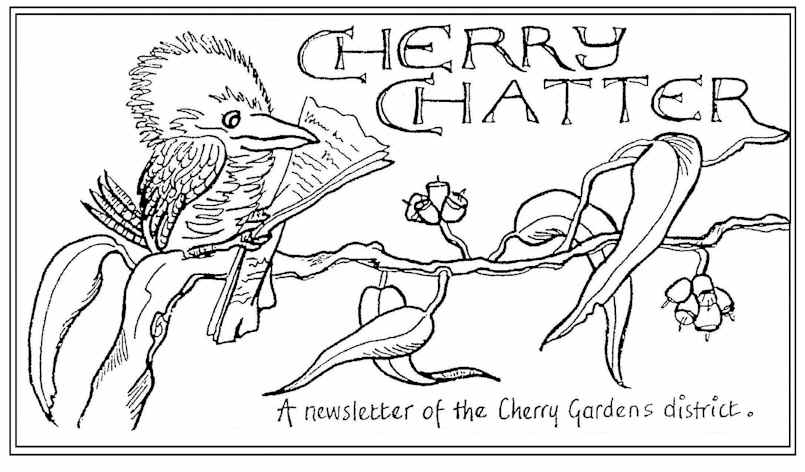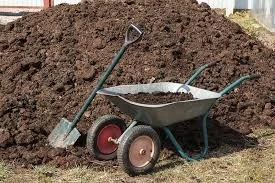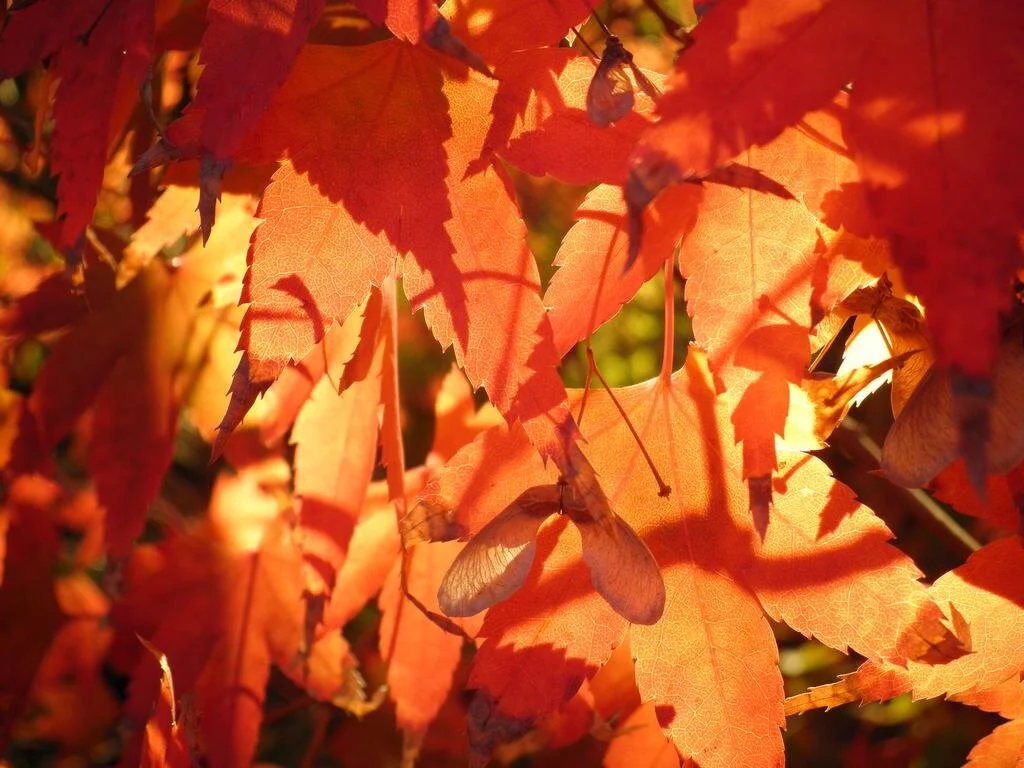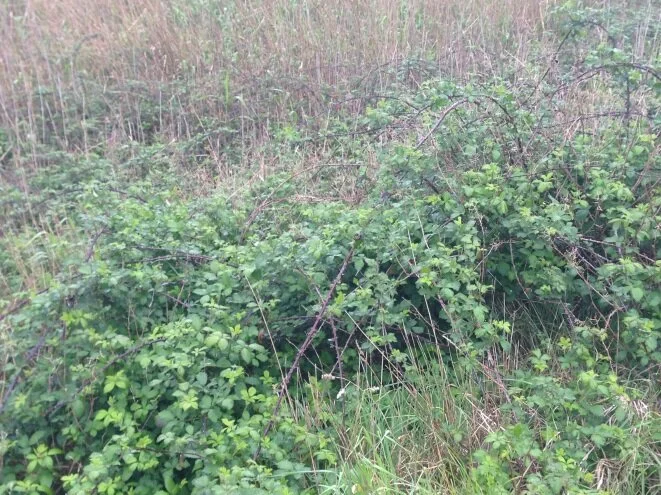Garden Club
Meetings are currently held at the Cherry Gardens Memorial Hall at 7.30pm usually on the second Monday of the month February to November.
President; Ray Wise Phone: 0405 273 003 8383 6011
NEXT MEETINGS
Monday 12th April
Rosalie Lawrence will speak on native orchids of the local area.
Monday 10th May
Henry Digance will talk about Landcare and maybe growing garlic.
GEORGE'S GARDENING SUGGESTIONS FOR April 2021
Autumn is truly a great season, what with mild days and nights and all of those beautiful autumn leaves colouring up and falling to the ground. This is the time you have a wonderful opportunity to make some valuable compost. The leaves can be put into heaps and allowed to rot down for use in spring or they can be applied directly to your garden beds or under fruit trees with a good dressing of animal manure or bought pelletized organic fertilizer.
Plant out your spring flowering bulbs now.
Summer flowering perennials can be cut back hard – more material for the compost bin!
Pansies, violas, cinerarias, primulas and stocks will add a splash of colour to your winter and spring garden.
A green manure crop using peas or even some old bird-seed can be dug in late winter to improve the condition of your soil.
Algerian iris can be cut back hard so that when the flowers appear they will not be hidden by the foliage.
Vegetables you can plant include peas, broad beans, broccoli, cabbage, spinach and silver beet
GARDEN CLUB REPORT
Our first meeting of 2021 was one of the most eye opening and ground breaking (excuse the pun) subjects for gardeners.
Dr Uwe Stroeher of Microbial Soil Solutions shared some of his vast knowledge of Soil Health gathered over years of experience. He is the author of many books, cited in even more articles and books internationally and has also been involved in the development of a South Australian organic compost. We learned of soil microbes, bacteria and fungi and their role in plant nutrition. We’ve known for decades that people talk to their plants but we heard from Uwe that plants talk to one another. We heard of the role of soil amendments and additives and the startling fact that only 1/32nd of the earth’s surface (10,000,000 hectare) can grow plants. ¾ is sea; ½ is deserts, swamps and built up areas. How trees can send sugars and other help and information to their young saplings or to other trees in the forest by means of the WoodWide Webb. Conifers feeding deciduous trees is an amazing discovery.
We lose 1,000,000 hectares a year to salinity. We are actually beginning to run out of soil.
The main message was to look after our precious soil. A vital part of being able to do this is understanding what microbes do for soil health. Soil animals (larger than 2mm) Soil mesofauna (larger than -0.1mm) and Soil microorganisms (smaller than 0.1mm) are three broad categories of an amazing number of organisms, living in our soil. We learned the difference between Soil Structure and Soil Chemistry which is what types of microbes live in your soil.
We heard how Fungi and Bacteria stick soil particles together causing it to be more friable.
In one hectare of soil at 30 cm depth, .1% increase in organic carbon (mulches and compost) and resulting microbial activity increases water holding capacity significantly,
Four different types of Soil Wetters make a huge difference to your soil’s moisture holding capacity.
Detergent based wetters are fairly safe; salts can be a problem; there’s still uncertainty as to the safety of Acrylides for your soil; after two applications silicone based wetters improve your soil’s absorbancy forever.
The plant auction yielded some real bargains and some real treasures. We still have to do with Covid type supper with sealed packets of biscuits instead of our sumptuous pre Covid suppers.












